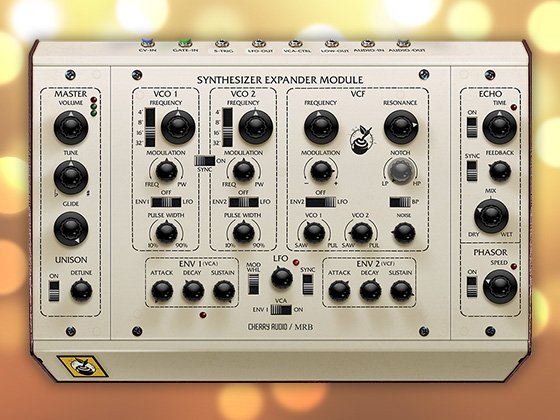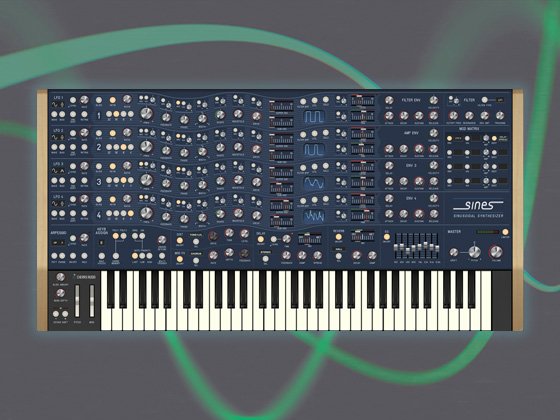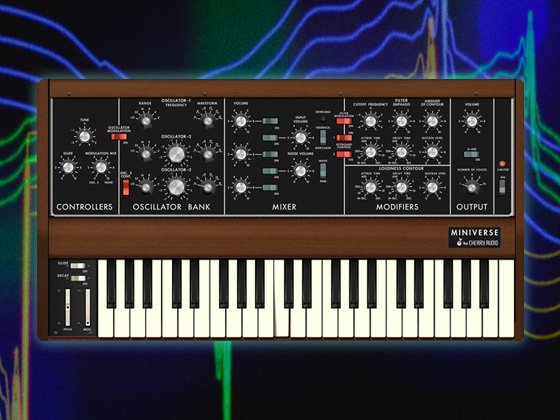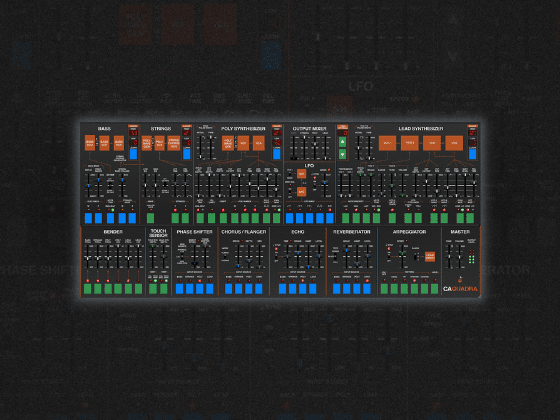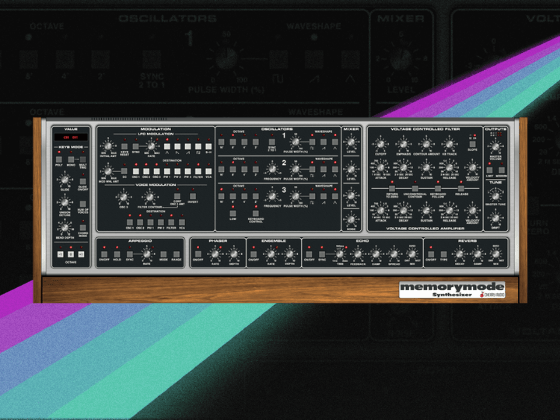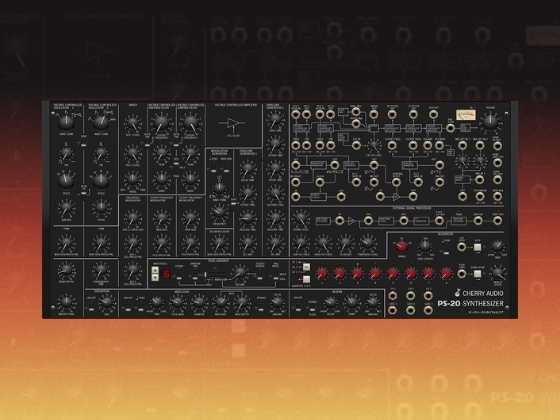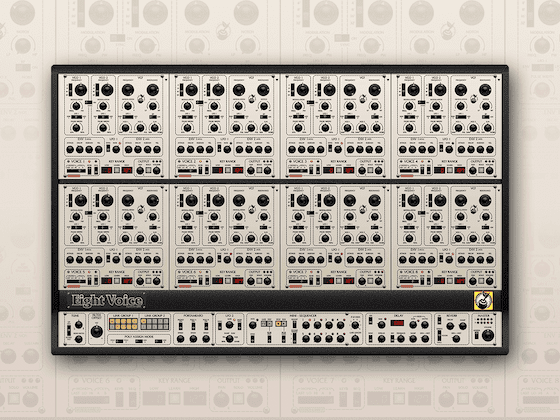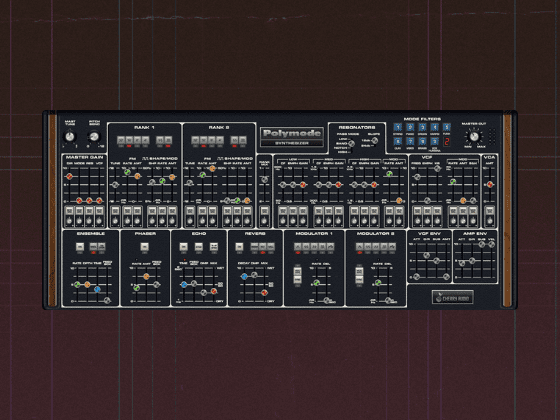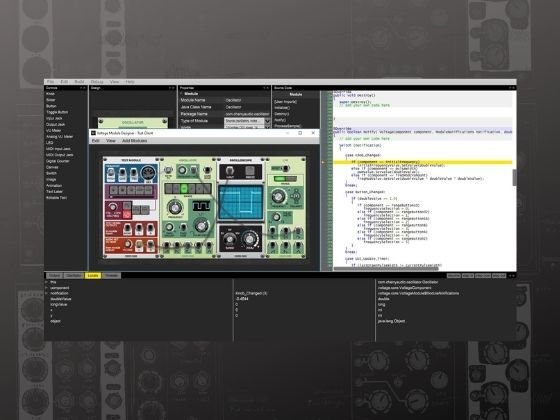R_Ware presents RAWX UTILITIES: Multiverter Stereo
Overview:
Multenuverter is a versatile utility module designed to provide attenuation and stereo signal distribution capabilities. It offers 1 input channel with a dedicated attenuverter and 8 output channels, each with its own attenuverter. This module allows you to attenuate and distribute a stereo signal from the input to multiple destinations with ease, less effort and less tangled cabes.
Features:
- Input Channel: The module has one input channel where you can connect your audio or CV stereo signal source.
- Input Attenuverter: The Input Attenuverter knob controls the attenuation and inversion of the incoming stereo signal. Turn it clockwise to attenuate the stereo signal; turn it counterclockwise to attenuate and invert the stereo signal.
- Output Channels: There are 8 output channels, each with its own dedicated attenuverter knob.
- Output Attenuverters: Each Output Attenuverter knob controls the attenuation and inversion of the stereo signal routed to the respective output. Turn clockwise to attenuate; turn counterclockwise to attenuate and invert.
Usage:
- Connecting Input: Plug your audio or CV source into the Input jack.
- Attenuate/Input Inversion: Use the Input Attenuverter knob to control the amount and direction of attenuation/inversion applied to the input stereo signal.
- Output Routing: Connect the output of the module to other modules in your Voltage Modular patch.
- Output Attenuation: Adjust the Output Attenuverter knobs to control the stereo signal level and polarity for each of the 8 output channels independently.
- Stereo Signal Distribution: The module will send the attenuated and/or inverted input stereo signal to all 8 output channels simultaneously.
Tips:
- To pass the input stereo signal without attenuation or inversion, set the Input Attenuverter knob to the 12 o'clock position (unity gain).
- Experiment with different settings to achieve unique modulation and audio effects.
- Use the module to distribute CV stereo signals to multiple destinations while controlling their amplitude and polarity.
No reviews yet. Be the first to review this product!






























